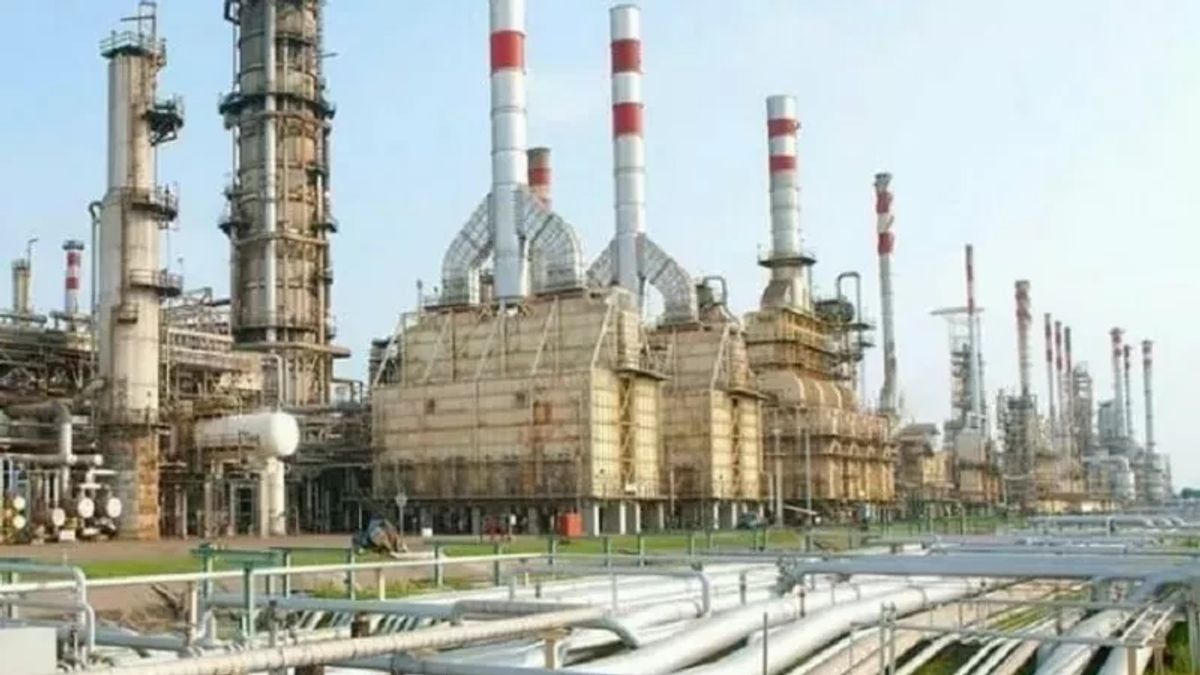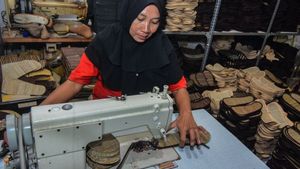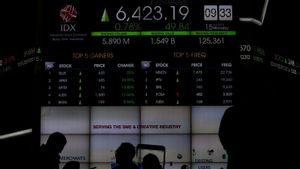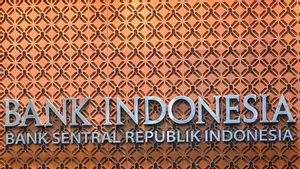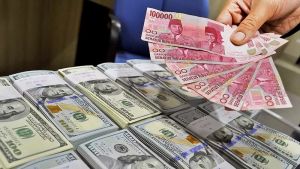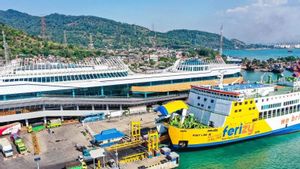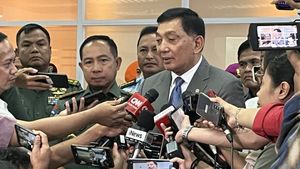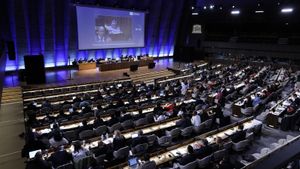JAKARTA - The Ministry of Energy and Mineral Resources (ESDM) issued Minister of Energy and Mineral Resources Regulation Number 2 of 2023 concerning the Implementation of Carbon Arrest and Storage, as well as the Arrest, Utilization and Storage of Carbon in Upstream Oil and Gas Business Activities.
The regulation, which was signed on March 2, is one of the Government's efforts to achieve low emissions and encourage increased oil and gas production.
"CCS/CCUS is a new thing for Indonesia so that the drafting of regulations is carried out from design to the implementation stage," said Director General of Oil and Gas at Tutuka Ariadji in an official statement, Friday, March 10.
He explained that the consideration in the preparation of this rule is that Indonesia has a geological formation that can be used to store carbon emissions permanently through the use of technology in capture and storage activities as well as capture, utilization and carbon storage (CCS/CCUS) activities, so that it can support efforts to achieve the national commitment target for handling global climate change in order to achieve the Paris Agreement on the United Nations Convention on Climate Change (Paris Agreement to the United Nations Framework Convention on Climate Change) towards the development of low greenhouse gas emissions and climate security by 2050.
Another consideration in the regulation consisting of 11 chapters and 61 articles is that the implementation of CCS/CCUS activities is also useful to encourage increased oil and gas production. Furthermore, considering the need for a legal basis in the implementation of CCS/CCUS in the upstream oil and gas business activities, the Government then stipulates this Minister of Energy and Mineral Resources.
Regarding the implementation of CCS/CCUS in the upstream oil and gas working area, there are four focuses regulated in this Permen, namely Technical Aspects, Business Scenarios, Legal Aspects and Economic Aspects. Regarding Technical Aspects, in this rule there are two important things, namely first, capture, transport, injection, storage to monitoring measurement, reporting and verification. Second, using good standards and rules of technicality based on the characteristics of each location.
Regarding the Business Scenario, it is stated that it is carried out based on a cooperation contract in the oil and gas working area. In addition, the source of CO2 is not only from oil and gas, but also from other industries (specifically CCUS) through the B to B mechanism with the Migas Working Area Contractor.
Furthermore, it is regulated in Legal Aspects, the proposed CCS/CCUS activity by KKKS is part of the Plan of Development (PoD). In addition, monitoring activities are carried out up to 10 years after the completion of the closing of CCS/CCUS activities. It is also regulated regarding the transfer of responsibility to the Government and so on.
Finally, the Economic Aspects governing the funding of other parties, the potential for monetization of carbon credit based on Presidential Regulation Number 98 of 2021 concerning the Implementation of Carbon Economic Values for the Achievement of Nationally Determined Contribution Targets and Control of Greenhouse Gas Emissions in National Development. Finally, the treatment of potential monetization results for the implementation of CCS/CCUS.
The English, Chinese, Japanese, Arabic, and French versions are automatically generated by the AI. So there may still be inaccuracies in translating, please always see Indonesian as our main language. (system supported by DigitalSiber.id)
